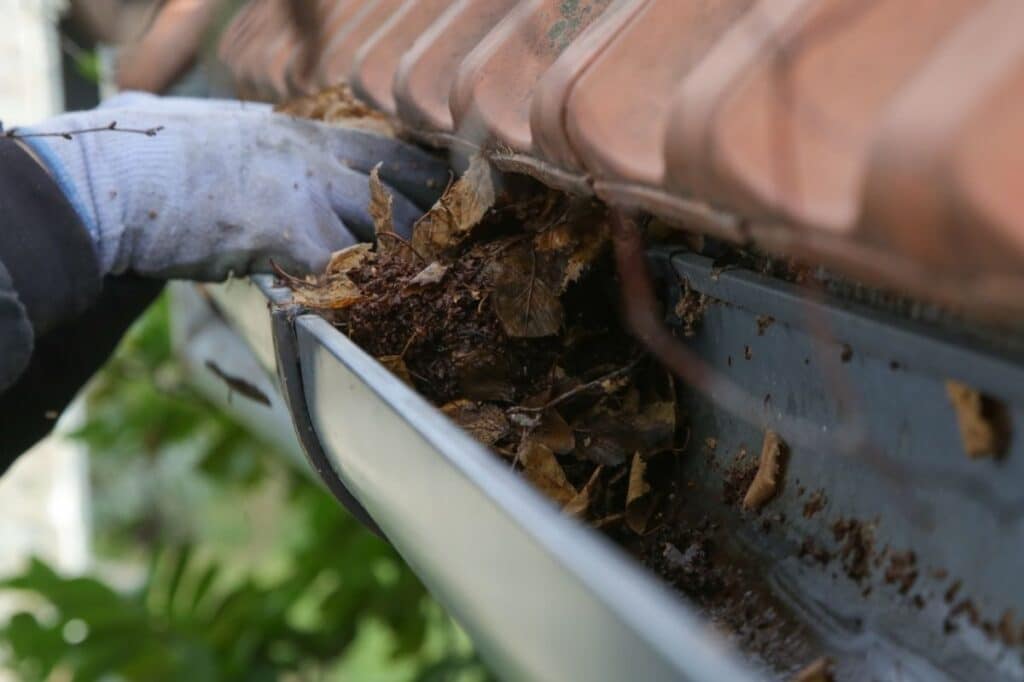This article discusses whether a strata company in Western Australia can charge owners for gutter cleaning when the gutters are lot property rather than common property.
Question: Our gutters are lot property. Can the strata company charge owners for gutter cleaning if they do not consent to the service?
I live in a single-tier strata of eight stand-alone villas. Our strata company has used a majority vote at a general meeting to include gutter cleaning in the annual administrative fund budget, meaning all owners must contribute to this service. However, the gutters on my lot are not common property according to the strata plan boundaries. They belong to my property, and I can clean them myself at no cost.
Can the strata company legally levy a contribution for a service that applies to individual lots rather than common property, even if an owner doesn’t consent or benefit from it?
Answer: Strata companies are often motivated to take control of certain maintenance schedules relating to the lots.
A strata company must establish a fund that is sufficient to control and manage the common property, pay insurance premiums, and discharge any obligations of the strata company. This is outlined in section 100 of the Strata Titles Act 1985 (STA1985). This fund is commonly referred to as the administration fund. The funds are raised by levying lot owners in proportion to their unit entitlements, unless the strata company has a by-law that varies the method for raising levies.
Designated strata companies (10 lots and above or a building replacement value of 5 million or above) are also required to have a reserve fund to meet the requirements of their ten-year maintenance plan and any contingent expenditure.
The income and expenditure for the budget are approved at the Annual General Meeting of the strata company.
In Western Australia, a strata company generally cannot spend funds on individual lots, but there are some exceptions and nuances. While the primary responsibility of a strata company is to maintain and repair common property, it can, in specific circumstances, incur expenditure related to individual lots, particularly when it benefits the scheme as a whole or relates to safety or legal requirements.
It is also important to understand the boundaries of your lot. Understanding the boundaries is vital to ensuring you know what the strata company is responsible for and what you, as an individual lot owner, are responsible for. The strata plan provides the boundaries of the lots. If the internal surfaces are the boundary (e.g. inner surfaces of the walls, the upper surface of the floor, and the under surface of the ceiling), the gutters would be common property and the responsibility of the strata company. If the external surfaces are the boundary, the gutters would be the lot owner’s responsibility.
A challenge that strata companies often face is the impact of lot owners not carrying out maintenance on their lot. Replacing flexi hoses is a good example. Unmaintained flexi hoses can cause significant damage across multiple lots in the complex, even for those who have done the right thing and replaced their hoses. Gutter cleaning is also an example. When the gutters between lots are connected or have continuous gutters, if one lot cleans their section of the gutter and others don’t, the cleaning is ineffective.
In my experience, often lot owners lean on the insurance policy as a maintenance policy, which is not its intended use. I have seen significant water ingress claims resulting from a lack of gutter cleaning. This can impact levies as such claims are likely to drive up insurance premiums and excesses.
Sometimes, the cost of carrying out works on all lots is more cost-effective than arranging works on an individual basis. It is likely to be the case with gutter cleaning.
For the reasons mentioned above, strata companies are often motivated to take control of certain maintenance schedules relating to the lots.
Whilst the Act is silent on this, there is case law in Western Australia that supports the position that a strata company shall not spend levy funds on lot maintenance. I hope that a practical approach to this topic is employed and that a strata company can choose to utilise funds for lot maintenance when it is likely to benefit all lot owners by minimising loss, mitigating risk, or significantly reducing overall costs.
Luke Downie Realmark E: ldownie@realmark.com.au P: 08 9328 0999
This post appears in Strata News #767.
Have a question or something to add to the article? Leave a comment below.
Read next:- NAT: Q&A Opportunity cost of delaying strata repairs
- WA: Q&A Contributing to Common Property in Your Strata Building
- WA: Q&A Common Property and Strata Repairs – Who is responsible?
Visit our Maintenance and Common Property OR Strata Information WA.
Looking for strata information concerning your state? For state-specific strata information, take a look here.
After a free PDF of this article? Log into your existing LookUpStrata Account to download the printable file. Not a member? Simple – join for free on our Registration page.
